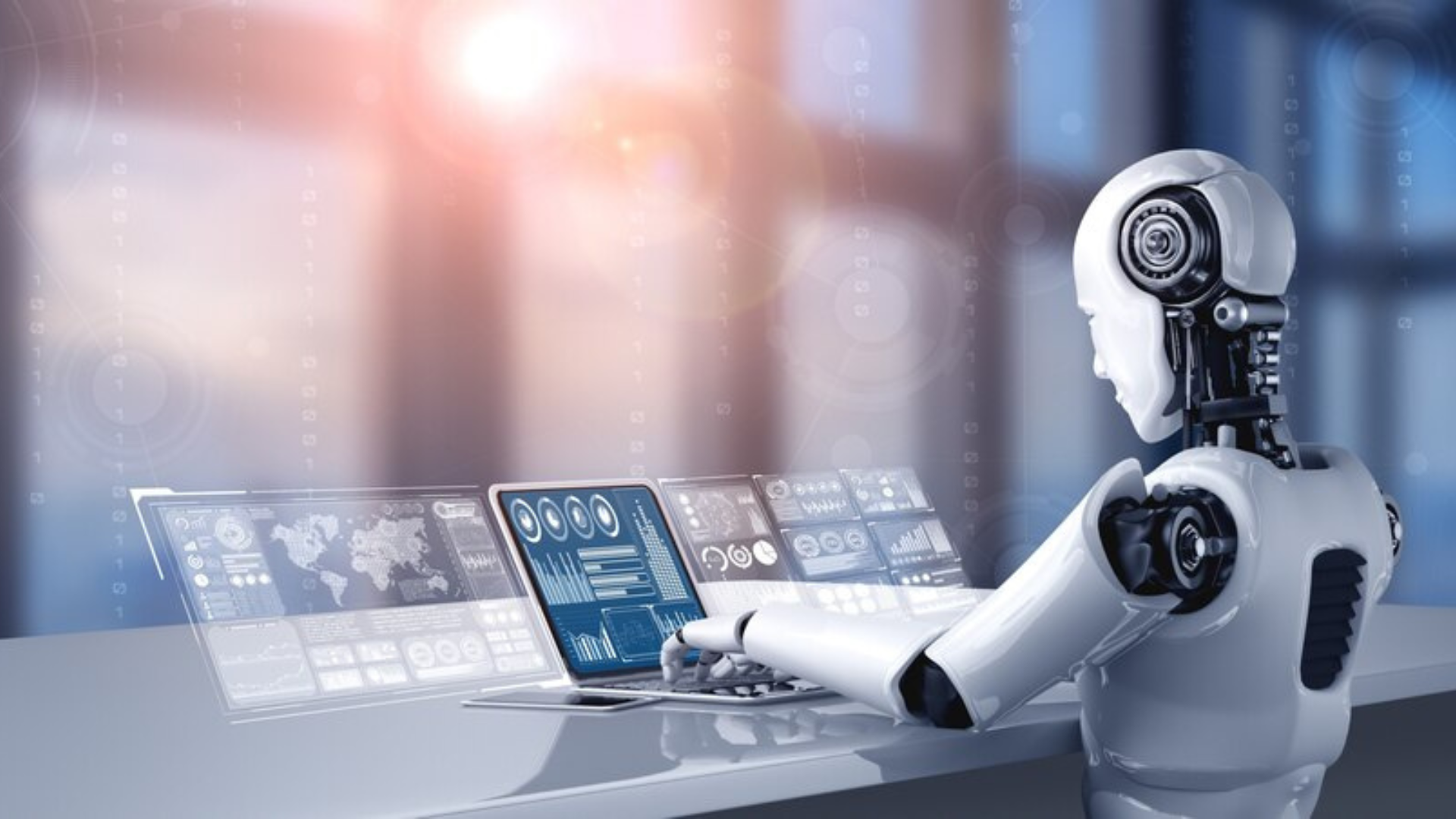Robotic Accounting: Revolutionizing Financial Management
- June 19, 2024

In the continually evolving landscape of the finance industry, technological advancements play a significant role in disrupting traditional accounting practices. One such disruptive innovation is robotic accounting. All over the world, businesses are focusing their efforts and devoting considerable resources to improving efficiency and accuracy within their processes. This makes it crucial to understand why robotic accounting is being hailed as a game changer in the finance industry.
What is Robotic Accounting?
Robotic accounting, in essence, involves automating accounting processes and tasks by leveraging robotic process automation (RPA) and various AI tools to automate repetitive and time-consuming accounting tasks within accounts payable (AP), reconciliation, and accounts receivable (AR). These systems operate primarily on rule-based logic, following predefined instructions to execute tasks with precision and consistency. For finance professionals, the use of artificial intelligence (AI) and machine learning (ML) enables robotic process automation (RPA) to perform routine tasks with minimal human involvement, ensuring greater accuracy and efficiency. This helps businesses of all sizes — from CPA firms and accounting firms to large enterprise accounting departments — improve efficiency, accuracy, and productivity.
Benefits of Robotic Accounting
1. Increased Efficiency and Productivity
The time taken to complete routine tasks can be significantly reduced using automation technology. Bots can function 24/7 without breaks or loss of accuracy due to fatigue, ensuring that financial processes are completed rapidly and accurately. This increased efficiency permits accountants to maintain focus on more strategic and value-added activities, such as financial analysis and decision-making.
2. Enhanced Accuracy
Manual processes are prone to human error, which can impact financial accuracy. Automated accounting significantly reduces this risk by following consistent rules and logic. This ensures accurate data entries for processes like bank reconciliation, invoice processing, and compliance reporting, leading to more reliable financial records and reporting. With robotic accounting, businesses benefit from real-time processing of financial transactions, ensuring that data is instantly updated, reducing delays in reporting and improving decision-making accuracy.
3. Cost Savings
Businesses stand to benefit from decreased labor costs associated with manual accounting by automating repetitive tasks. Robotic accounting also reduces errors, decreases the need for overtime, and minimizes the risk of costly mistakes. Over time, these savings accumulate, significantly enhancing the organization’s overall profitability.
4. Improved Compliance and Audit Trails
AI-powered accounting systems catalog detailed records of all transactions and processes. This creates a detailed audit trail, making it easier to comply with regulatory requirements. Additionally, bots can be programmed and adjusted to adhere to specific compliance standards, decreasing the risk of non-compliance and associated penalties.
5. Scalability
As businesses grow, so does the complexity of the accounting needs. Robotic accounting systems can easily and quickly be scaled to handle a greater influx of transactions as well as more intricate processes. This scalability ensures that accounting functions maintain their efficiency rate and effectiveness, regardless of the size of the business.
Save Time with Automation
The future of robotic accounting is promising, with several trends and technological advancements influencing the transformation of the industry:
1. Integration with Advanced AI and ML
Continuous advancements in AI and ML technologies will lead to automated accounting systems becoming even more intricate. This will allow them to take on more complex tasks, such as predictive analytics, risk assessment, and financial forecasting. Resulting in enhanced decision-making capabilities and strategic planning.
2. Blockchain Technology
The convergence of blockchain technology and robotic accounting holds tremendous potential. Blockchain can create a secure and transparent ledger for all financial transactions, decreasing the risk of fraud while boosting data integrity. When combined with AI in finance, blockchain technology can also revolutionize financial management and auditing.
3. Enhanced Customization
The accounting automated systems in the future will feature greater customization options, enabling businesses to personalize their automation solutions to their specific requirements. This level of flexibility will allow organizations to optimize their accounting processes and achieve better outcomes.
4. Human-Robot Collaboration
While automation handles routine tasks, human accountants will continue to play a crucial role in overseeing and managing these systems. Looking ahead, collaboration between humans and technology will increase, with accountants focusing on strategic responsibilities and ensuring systems operate at peak performance.
5. Wider Adoption Across Industries
As the benefits of robotic accounting become more prominent, its adoption will extend beyond large corporations to small and medium-sized enterprises (SMEs). This democratization of technology will allow businesses of all sizes to realize the benefits of automation, further fueling industry growth.
Conclusion
Robotic accounting is transforming the finance industry by elevating efficiency, accuracy, and compliance. Due to continual advancements in AI, ML, and Blockchain technology, the future of automated accounting looks set to be influenced by even greater innovations. Businesses that act swiftly to adopt this technology will be better equipped to thrive in an increasingly competitive landscape.
Harnessing the power of accounting will enable organizations to overhaul their financial management processes, achieve cost savings, and boost strategic growth. The era of Robotic process automation is undoubtedly here, and its potential is limitless.
At befree, we pride ourselves on staying abreast of technological developments in finance. To that end, we developed a range of exceptional RPA tools to help our clients automate their processes. Get in touch with us today to discover how robotic accounting can transform your business!
Share this on
Recent Articles
-
Why Insurance Is Critical When Choosing an Accounting Outsourcing Provider
-
Top Benefits of Outsourcing Back-Office Accounting for Small Businesses
-
How Outsourced Bookkeeping Elevates Small-to-Medium-Sized CPA Firms’ Performance
-
Mastering US Tax Deadlines: Your Comprehensive FAQ and Checklist for Success
